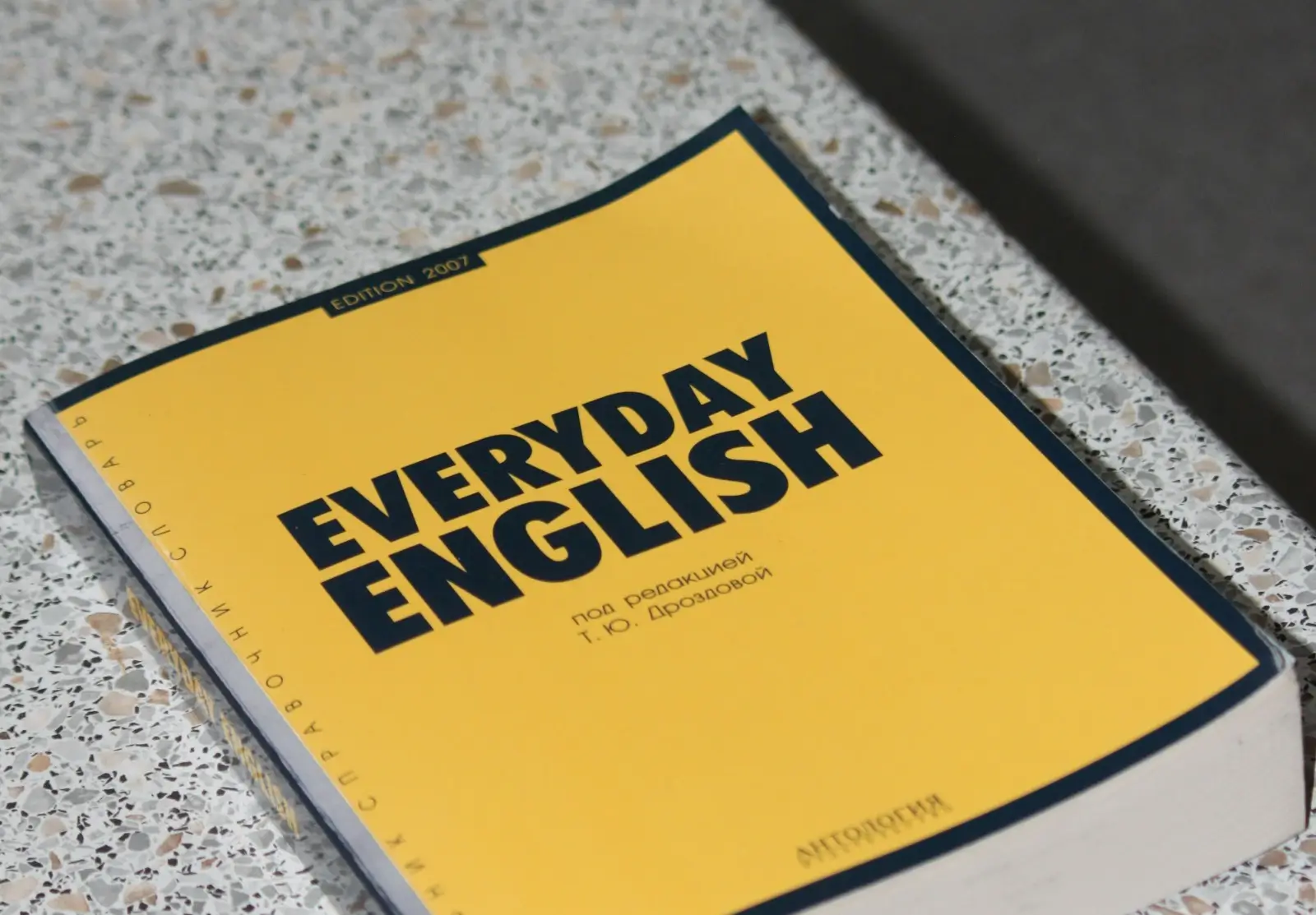
Improving your English pronunciation is a journey that can be both rewarding and challenging. Whether you’re learning English for work, study, or personal growth, clear and accurate pronunciation will significantly enhance your ability to communicate effectively. It’s normal to feel a bit overwhelmed by the nuances of pronunciation, but remember, every step you take brings you closer to your goal. If you are asking yourself “How to improve my English pronunciation”, here you will find your answer.
In this blog, we’ll explore some practical tips and strategies that can help you improve your English pronunciation and speak with confidence.
1. Listen and Imitate Native Speakers
One of the most powerful tools at your disposal for improving your pronunciation is listening to native speakers. The way native speakers articulate words, the rhythm they use, and the intonation in their voices all play a crucial role in how English is spoken. By closely listening to these elements, you can pick up on the subtleties of the language that might otherwise be missed.
Tip:
Make it a habit to listen to English every day. This could be through movies, podcasts, news broadcasts, or even YouTube videos. For instance, if you enjoy watching movies, pick a film and pay special attention to how the actors pronounce certain phrases.
Then, pause the movie, repeat the line out loud, and try to mimic the exact way it was spoken. Don’t worry if it doesn’t sound perfect at first; the key is to keep practicing. Over time, you’ll notice that your pronunciation will start to resemble that of a native speaker.
Example:
Take the common phrase, “How are you?”. In different contexts, it might be said quickly as “How’re you?” or more formally as “How are you?” Practice both versions and notice how the intonation and stress can change the feeling of the phrase. By mimicking these nuances, you’ll be able to convey not just the words, but the meaning and emotion behind them.
2. Focus on Phonetics and Phonemes
Phonetics, the study of the sounds of human speech, is an essential aspect of mastering English pronunciation. English has a rich variety of sounds, many of which may not exist in your native language. Understanding these sounds and how they are produced will help you pronounce words more accurately and confidently.
Tip:
Start by familiarizing yourself with the International Phonetic Alphabet (IPA), which represents each sound in English with a unique symbol. This might seem intimidating at first, but it’s a powerful tool for identifying and practicing specific sounds that you find challenging.
For example, the sound of “th” in words like “think” or “this” is often tricky for non-native speakers. To practice, place your tongue between your teeth and blow air gently to create the correct sound. Repeat this with different words until it feels natural.
Example:
Consider the words “ship” and “sheep.” While they look similar, they are pronounced very differently because of the short “i” sound in “ship” and the long “ee” sound in “sheep.” Practice these words by breaking down the sounds: “sh-ip” and “sh-eep.” Once you’ve got the hang of the individual sounds, try saying the words in sentences: “The ship is in the harbor,” versus “The sheep are in the field.” This will help solidify the correct pronunciation in your mind.
3. Break Down Words into Syllables
English words can sometimes seem long and complicated, making them difficult to pronounce. However, by breaking them down into smaller, manageable syllables, you can make even the most daunting words easier to say. Syllables are the building blocks of words, and focusing on them can help you pronounce words more accurately.
Tip:
Start by identifying the syllables in a word. For example, take the word “comfortable.” Many learners try to pronounce it as “com-fort-able,” which can sound unnatural. Instead, break it down into three syllables: “comf-ter-ble.” Practice saying each syllable slowly, then gradually speed up while keeping the pronunciation clear. Breaking down words this way can also help with spelling and understanding how English words are constructed.
Example:
Let’s consider a more complex word like “unbelievable.” It can be broken down into five syllables: “un-be-lie-va-ble.” Practice each syllable separately, then start stringing them together: “un,” “be,” “lie,” “va,” “ble.” Once you feel confident, say the word as a whole, paying attention to the natural flow of the syllables. This method is particularly helpful for mastering long words and can greatly improve your confidence when speaking.
4. Practice with Tongue Twisters
Tongue twisters are not just fun; they are a powerful exercise for improving your English pronunciation. These tricky phrases challenge you to enunciate clearly and help you become more aware of the sounds you produce. They also help in developing muscle memory for difficult sound combinations.
Tip:
Start with simple tongue twisters and gradually work your way up to more challenging ones. Begin by saying the tongue twister slowly, focusing on each word. Once you’re comfortable, try increasing your speed while maintaining clarity. Don’t worry if you make mistakes—tongue twisters are supposed to be difficult! The more you practice, the better you’ll get at pronouncing difficult sound combinations.
Example:
A classic tongue twister is “She sells seashells by the seashore.” This phrase is particularly useful for practicing the “sh” and “s” sounds, which can be challenging for many learners. Start by breaking it down: “She sells,” “seashells by,” “the seashore.”
Practice each part slowly, then try saying the whole phrase faster. Another popular tongue twister is “Peter Piper picked a peck of pickled peppers.” This one helps with the “p” and “k” sounds, which require clear and precise articulation.
5. Record Yourself Speaking
Hearing your own voice can be a powerful way to improve your English pronunciation. Often, we’re not fully aware of how we sound until we listen to a recording. By recording yourself speaking, you can identify areas that need improvement and track your progress over time.
Tip:
Start by choosing a short passage to read aloud. It could be a paragraph from a book, a news article, or even a script from your favorite movie. Record yourself reading the passage, then listen to the playback. Compare your pronunciation to that of a native speaker. Are there any sounds that don’t quite match? Are there words that are difficult to pronounce? Take note of these and practice them until you feel more confident.
Example:
Record yourself reading it out loud, then listen carefully. Do you notice any words where your pronunciation feels off? For instance, if you struggle with the word “environment,” break it down: “en-vi-ron-ment.” Practice the word on its own, then re-record the passage. This exercise not only helps with pronunciation but also builds your overall speaking confidence.
Bottom Line
Improving your English pronunciation is a journey that requires patience, persistence, and a lot of practice. But with the right tools and techniques, you can make significant progress and gain the confidence to speak clearly and effectively. Remember, it’s okay to make mistakes along the way—what matters is that you keep practicing and learning. Whether you’re listening to native speakers, focusing on phonetics, breaking down words, challenging yourself with tongue twisters, recording your voice, or using apps, each step brings you closer to your goal. Keep pushing forward, and soon you’ll find that your hard work is paying off.
Frequently Asked Questions
How long does it take to improve my English pronunciation?
Improving pronunciation is a gradual process, and the time it takes varies from person to person. With consistent practice, you can start noticing improvements in a few months, but achieving fluency might take longer, depending on your starting point and the specific sounds you need to work on.
Can watching movies and TV shows help improve my English pronunciation?
Absolutely! Watching movies and TV shows in English exposes you to natural speech patterns, intonation, and pronunciation. Try mimicking the lines of characters or repeating after them to improve your pronunciation.
Should I focus on British or American pronunciation?
The choice between British and American pronunciation depends on your personal goals and the context in which you’ll be using English. If you’re planning to live, work, or study in a specific region, it might be helpful to focus on that accent. However, both accents are widely understood, so either choice is valid.





Leave a Reply